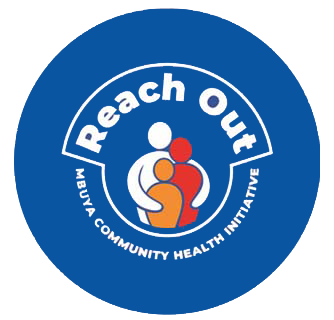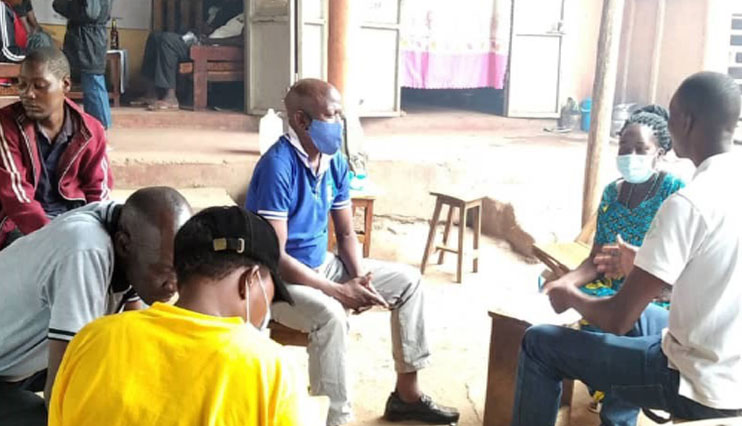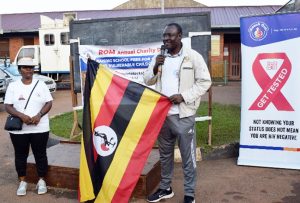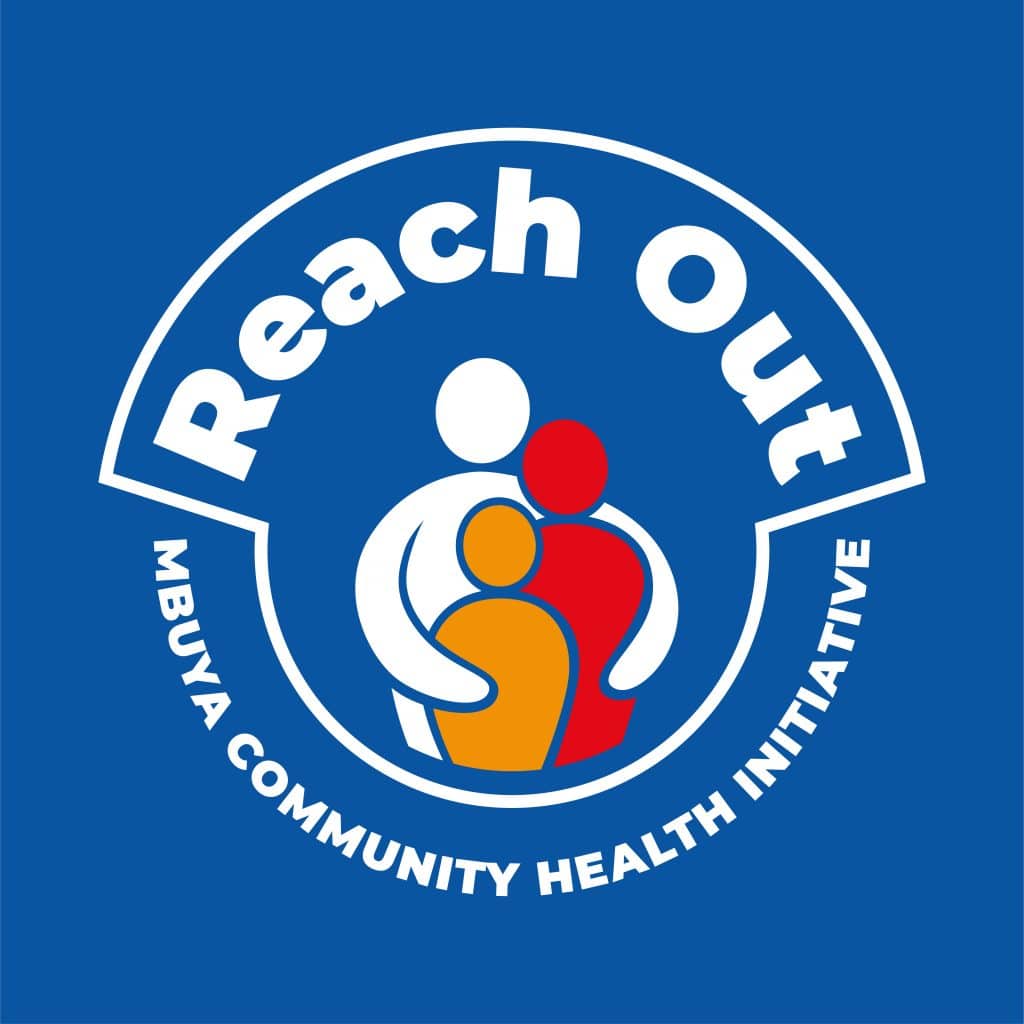a). Men’s Night clinic
In the history of HIV care and treatment, men and boys are dying of AIDS because they are less likely to test for HIV, initiate on ART and remain in care as their female counterparts. ROM has continued reaching out and encourage men to actively participate in the fight against HIV through special programs such as the Men’s Night Clinic for men who have not tested and those with stigma of coming to clinic during day, to ensure they know their HIV status in time, stay in care and have undetectable viral load. Consultation about sexually transmitted diseases and other psychological issues is also done at the clinic. FIGURE: This clinic operates twice a month on Wednesday, at the ROM Kinnnawataka, providing integrated HIV testing, care and treatment services, prevention messages and giving community HTS in identified hotspots. In 2022, clients kept their appointments for refill. 294 were reached with HTS, of which 14 positives were linked to care, 364 KPs and PPs were reached with self-testing and the 41 bled for viral load were all suppressed.
b). Daily Follow up on Missed appointments
ROM staff including CATTs, TAS, M2M, social workers, counselors and the entire medical team work hand in hand to ensure PLHIV and are on ART do not miss their appointment days at the clinic and that when they pick the medicine, it is taken in its right quantities. Clients who miss their appointments are recorded in the missed appointments register at the end of each clinic day. They pre-call clients to remind them of their appointments and for clients who are unable to come but are not due for Viral load, the responsible CHW represents them and takes for their drugs for them at home. Those who totally fail to appear, same-day follow up is done. Every Wednesday and Friday, home visits are done for clients who have missed appointments. At home, pill counting and peer to peer counseling is also done.
c). Differentiated Service Delivery Model (DSDM)
All stable clients are on DSDM models such as the Community Drug Distribution Points (CDDP) because they help in minimizing missed appointments. In this model, drugs are taken to clients directly in the community on given days. For example, for Mbuya Clinic, CDDP is done at Kitawuluzi Hall in Giza- Giza community and Kiswa Community Hall for Nakawa community; Banda community- at Alpha Medical center and Okuvu Church of Uganda for Kinawataka.
d). Dialogue meetings
Meetings are organized for key informants in the community; local leaders, religious leaders, Police, Village Health Teams who are trained in basic HIV, GBV, Violence Against Children and NCDs prevention. The former also act as agents in strengthening linkages, referrals and resource mobilization in HIV care and treatment and service delivery. FIGURE: Dialogue meetings with key informants in the community.

Dialogue meetings with key informants in the community.
e). Index client testing for children
This approach is administered by counsellors to people who have newly tested positive for HIV and those already in care. It targets children of index clients with unknown status. Children are tested through HB HCT, both at facility and in community, and for parents, awareness creation on knowing their child’s status is done.
1141
Reached with HTS
15
Enrolled into care
f). Male engagement
The easiest way of meeting men is to get them during their leisure time, especially on weekends, when most of them are in bars and other drinking joints, sports betting, boda-boda stages and playgrounds. ROM reached out to men in different communities to discuss issues related to HIV, GBV, and positive parenting among others. FIGURE: Men joined by women at a drinking joint in Nakawa Division, Kampala.
g). Male involvement
ROM attracted men to actively participate in their partners’ or relatives’ lives as far as living with HIV is concerned. In 2022, men were encouraged to attend both HIV counseling and testing for their pregnant wives for purposes of eMTCT and much more. Some men accompanied their partners to get treatment for NCDs, attended in community engagements and actively participated in discussing their roles in their homesteads, attended GBV and parenting sessions, and many joined VSLA groups through which they participated in growing household income generating activities.




